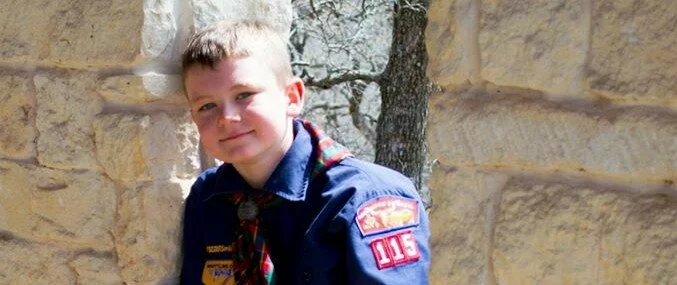Children are often encouraged to “put on their best manners” when a guest comes to their home or when they go to an important event — as though “putting on” their best manners was like putting on a special outfit they might wear. The real goal should be to have manners become a part of them. But who should teach children to be civil and well-mannered?
Importance of Parenting
A parent is the most important teacher in a child’s life. Children learn what behavior and manners are important based on what they see and hear at home. Those lessons are daily and lasting.
While raising my children, I was keenly aware that they were watching and listening not only to what I said, but more importantly, to what I lived. While many of these lessons are presented through verbal instruction, the most powerful lessons are demonstrated in what children experience at home. Ideally, these lessons would be reinforced at school, through the media, and in the community; but sadly today, that’s often not the case, and therefore, modeling civility at home is more important than ever.
Positive Reinforcement
As with any skill, repetition is the key to success. No skill is learned, let alone mastered, by limited exposure. A child doesn’t learn to read by attending a single reading class. Neither are manners and civility learned in a single lesson.
Parents often go to great lengths to help their child learn to be the best in athletics, in the arts, or academically. While these skills are part of a child’s development, the primary goal of every parent should be to raise a child to be a healthy productive part of society; it is this child that will experience a happy, healthy life, as well as be an effective leader in their generation.
Michael Jordan wasn’t a great basketball player because he understood the rules of the game; he was great because he practiced and internalized the game to the point that he knew instinctively what to do in any situation on the court. For manners and civility to become truly useful, they must first be learned, then practiced, and finally become automatic.
10 Skills Every Child Should Possess
1. How to meet and greet others
2. How to do a correct handshake
3. How to handle the telephone properly
4. How to give and receive compliments
5. How to be a gracious host and guest
6. How to handle cultural differences
7. How to dine successfully
8. How to carry on a conversation
9. How to establish and maintain good posture
10. How to groom and dress appropriately for the occasion
A wise parent understands the value of selecting skilled teachers and coaches to assist with their child’s development. We at Final Touch see our role as a coach who comes along side of you, the parent, in raising a well-mannered child. A child who understand the value of respect, restraint, and personal responsibility, will be better prepared for the playground today and the boardroom tomorrow.
Young Ladies & Gentlemen web-based etiquette program.
©2015 What Would Mrs King Do? If you would like to use this article in your newsletter or blog, you may do so. Please include our credit information: Written by Deborah King, What Would Mrs King Do? © Copyright 2015. I would also appreciate it if you would send us a copy for our files to [email protected]. If you would like to learn more about social skills contact Final Touch Finishing School, Inc.



Speak Your Mind